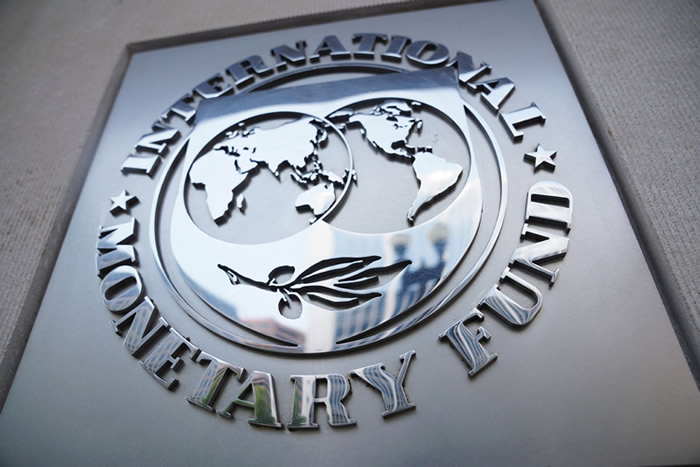
The Executive Board of the International Monetary Fund (IMF) on Monday, December 2, approved Ghana’s third review programme, leading to an immediate US$360 million to the country.
This brings the disbursements under the ongoing three-year US$3 billion Extended Credit Facility (ECF) arrangement to about US$1.9 billion, since May 2023.
The IMF in a statement copied to the Ghana News Agency on the approval of the third review, noted that despite some delays, Ghana had made good progress on the key structural reforms.
“Ghana’s performance under the IMF-supported programme has been generally satisfactory. All quantitative performance criteria and indicative targets for the third review were met,” the statement said.
The Fund, however, encouraged the government to remain steadfast with the implementation of the policy and reform agenda, before and after the upcoming general elections.
That, the IMF said was necessary for the country to fully restore macroeconomic stability and debt sustainability.
Commenting on the Board’s approval, Bo Li, a Deputy Managing Director, IMF, stated that economic strategy was delivering on its objectives, with the economy showing clear signs of stabilisation.
“Going forward, steadfast programme implementation remains essential to fully and durably restore macroeconomic stability and debt sustainability, while addressing longstanding structural vulnerabilities,” he said.
“Looking ahead, staying the course of fiscal policy adjustment – including before and after the upcoming elections – and creating room to enhance social programmes is paramount to put public finances on a sustainable path and reduce financing needs,” Mr Bo Li echoed.
He asked the government to continue with efforts to enhance domestic revenue mobilisation and streamline primary expenditure, by improving tax administration, strengthening expenditure control and management of arrears.
The IMF Deputy Director equally asked Ghanaian authorities to implement an enhanced fiscal responsibility framework and improve State-owned Enterprises (SOEs) management.
Regarding the recent energy sector challenges, Mr Bo Li called for ‘prompt and forceful’ measures to addressing them, noting that it was also critical to containing fiscal risks.
“Building on the recent successful Eurobond exchange, the authorities should also finalize their comprehensive debt restructuring in a timely manner,” he said.
The Bank of Ghana was also urged to maintain an appropriately tight monetary stance, given the upside risks to inflation, and enhancing exchange rate flexibility, and reinforce cost-effective resolution of legacy issues.
While acknowledging that authorities have taken appropriate actions to ensure implementation of state-owned banks’ recapitalisation plans, it was necessary carry out robust supervisory strategies to bolster credit and operational risk management.
Source: GNA























